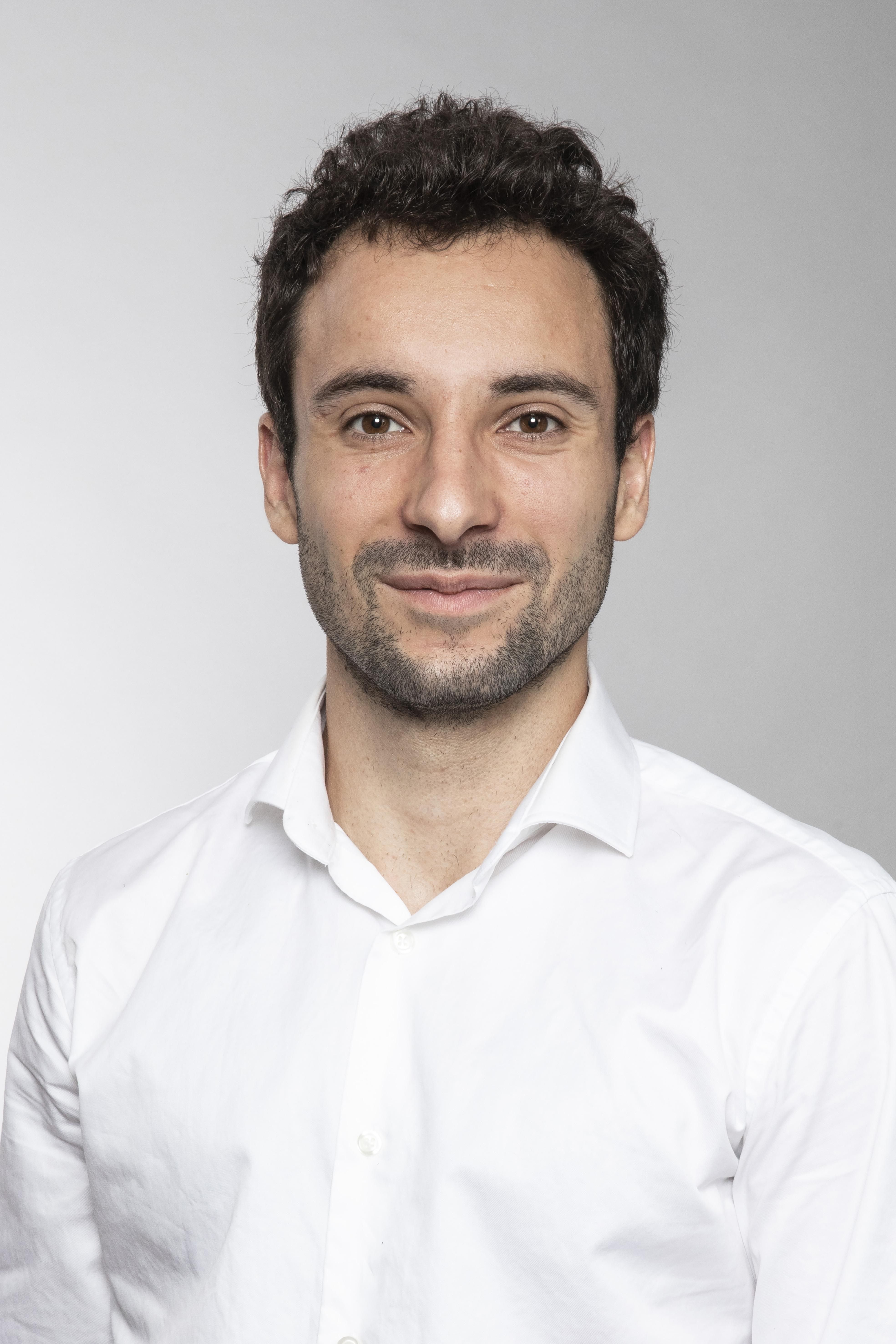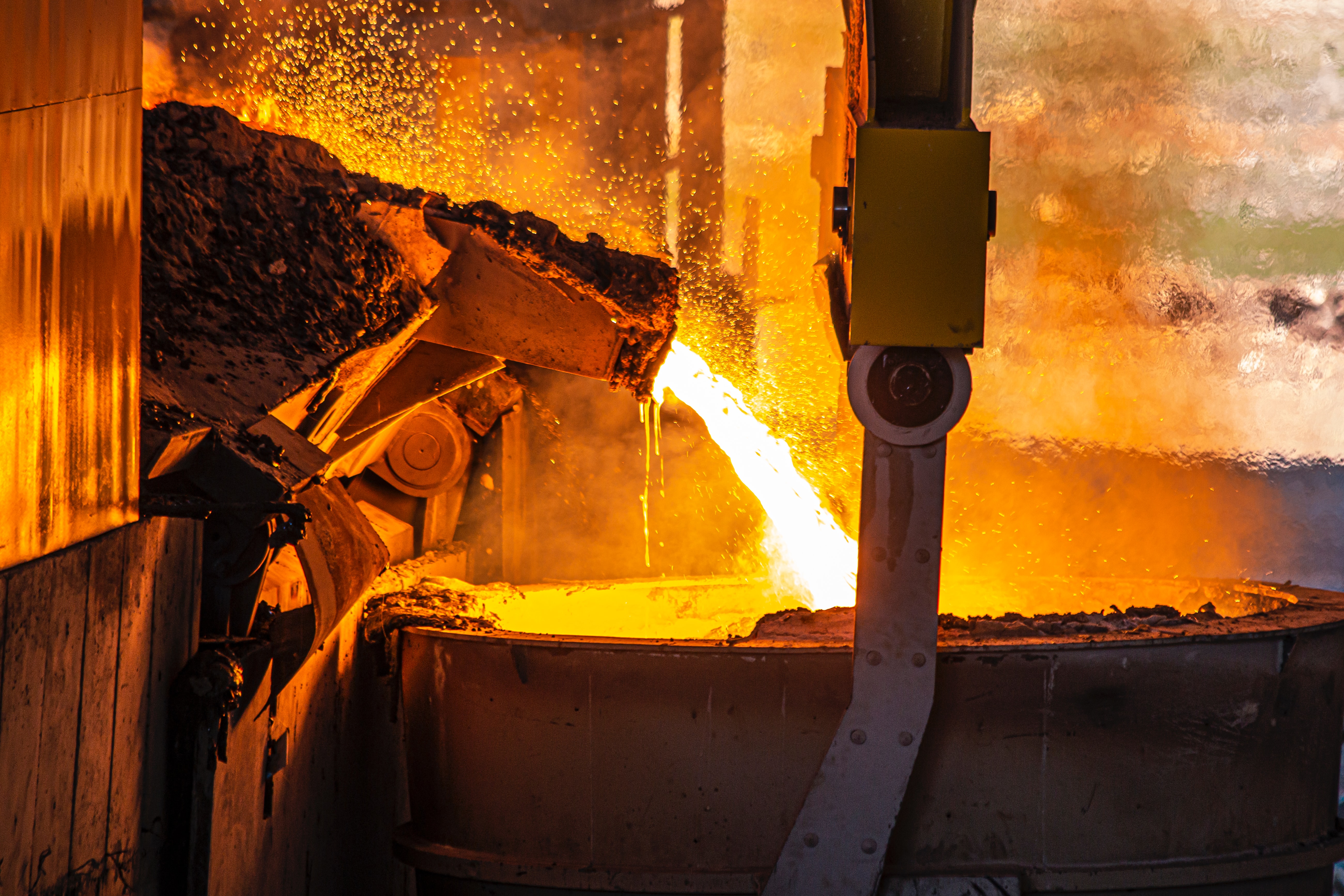
HYDROGEN/DECARBONATION/SOBRIETY: A COMPLEX TRILOGY!
HYDROGEN/DECARBONATION/SOBRIETY: A COMPLEX TRILOGY!
Simon PUJAU [TBS Edcuation 2021]
Head of Institutional Relations at France Hydrogen

France Hydrogen Quesaco? As one might say in the Gers, home of our alumni...
In a few words: it is an association of over 460 members that brings together the value chain of the whole hydrogen sector, from energy companies to end-users in fields such as steelmaking, chemistry, transportation (heavy or intensive road mobility, maritime, rail, aviation), as well as equipment manufacturers (electrolyzers, fuel cell manufacturers, components…) ... as well as, exceptions in the world of professional associations: local authorities, the national strategy aiming to make hydrogen a vector of decarbonization and reindustrialization of territories at the same time
The association's vocation is to share analyses with all the players in the sector (equipment manufacturers, electrolyser manufacturers, industrialists...), to identify collective interests from these works and transform them into deliverables capable of influencing French or European legislative processes. It is indeed a question of hunting in packs: finding coherent points of convergence, not limited to the lowest common denominator (a risk when groups with sometimes conflicting interests are brought together), and being able to bring them forcefully, with the weight of an entire industrial sector, to the attention of European institutions and the Government.
Simon Pujau deciphers for us the stakes of the French and European policy around the production of green and/or decarbonated hydrogen and its applications!
But first, it is necessary to dwell a little on Simon's brilliant trajectory. At 25 years old, he is already a graduate of Science PO Toulouse (European Affairs option), TBS (Corporate Strategy option) and holds a Master 2 in sustainable development law! At the same time, he also had time to work in a Franco-Senegalese startup "JOKOSUN", whose activity is to provide access to energy to populations living in rural areas deprived of network, and to follow a work-study program at EDF in the development of photovoltaic offers of the group. His last year of work experience, during his Master 2, was at France Hydrogène where he was hired in August 2022 as Head of the Institutional Relations Department.
The right man at the right place !
Simon's meteoric rise is anything but random. Right from the start of our discussions, his commitment to the themes of industrial autonomy and energy decarbonization and his determination are obvious. His goal is clear: to work for environmental transition at the European level in the field of energy in partnership with companies, which is in total equivalence to his new position !
The stakes are high for France, which devotes a budget of €9.1 billion to decarbonized hydrogen in the France 2030 investment plan, to which must be added credits allocated to other budgets but mainly concerning the hydrogen value chain: around €3 billion of the €5 billion dedicated to decarbonizing heavy industry, a part of the €1.2 billion for decarbonizing the aeronautics industry, etc. The size of the French association testifies to this, being the largest after its European equivalent, HYDROGEN EUROPE, of which France Hydrogen also sits on the Board of Directors.
Europe is in an intense period of negotiations to establish the legislative framework for the development of decarbonized hydrogen, a vector on which great ambitions are set, particularly since the Russian invasion of Ukraine and the RePowerEU plan which followed, a European response aiming to rapidly reduce the continent's dependence on Russian hydrocarbons.

Decarbonized hydrogen has a prominent place in this plan because it can replace fossil fuels in massive use cases:
- Decarbonization of heavy industry, first of all as a raw material (i.e. chemical) for oil refining, the production of ammonia or other chemical carriers, and the manufacture of decarbonized steel (by substituting for coke). But also for obtaining high temperature industrial heat, when direct process electrification is insufficient.
- Decarbonization of transport in specific segments (but very important in terms of energy volumes!) when the direct use of electricity (batteries) cannot meet the need, i.e. long-range vehicles or vehicles that consume a lot of energy: intensive or heavy road transport, railways for non-electrified lines, aviation and maritime transport, either through the direct use of hydrogen or through the use of hydrogen-derived synthetic fuels, such as e-methanol or e-kerosene
The government is currently working to influence European policies, particularly in the area of hydrogen production, with a crucial issue at stake if France is to benefit from a competitive advantage: that hydrogen produced from nuclear electricity (known as low carbon) be treated equally with hydrogen produced from renewable electricity.
On this issue, crystallized in the RED 3 directive, which sets European renewable energy targets and is in the final stages of negotiation at the time of writing, French positions are directly supported by the President of the Republic, Elisabeth Borne, and her ministers, notably Agnès Pannier-Runacher, Minister of the Ecological Transition, and Roland Lescure, Minister Delegate for Industry. France Hydrogen is directly supporting these positions, in particular by building a European coalition, which was recently illustrated in a letter addressed to the Commissioners, MEPs and Heads of State of the Union (10 March).
The country's ability to free itself from the importation of raw fossil materials while maintaining a strong industrial base, particularly in the steel and chemical industries, essential to our strategic autonomy, is at stake. And to combine the decarbonization of certain modes of transport with the creation of the hydrogen sector and its equipment manufacturers in the spirit of national or European autonomy with a relocated supply chain of the entire sector.
What about sobriety in all this?
In fact, the use of decarbonated hydrogen, if it does not directly contribute to sobriety in our territories, will globally contribute to the sobriety of our economy by :
- Reducing the use of imported fossil fuels and imported raw materials for industry.
- The relocation of a strong, low-carbon industrial base.
- Making a major contribution to the development of low-carbon mobility, being used where it is relevant, that is, where more efficient engines (batteries) or modal shifts have not been able to "do the job."
- Creating a national manufacturing industry (automotive and maritime parts and assembly) along the entire hydrogen value chain, creating jobs within the territories, and reducing our imports.
- Decentralized energy production as close as possible to the needs and creating local jobs.
As Simon says in conclusion, we are at a crossroads and we must not oppose the different solutions (energy, changes in use...) but rather combine everything, including our overall sobriety. We are facing a colossal energy wall: all levers will be needed to meet the triple challenge of decarbonization, security of supply and industrial autonomy. Designing the right legislative framework will be key to this, it is a huge but exciting task!
Interview by Pierre SOULMIAC (TBS Education 1988)
[1] Article Euractiv sur le sujet, courier en bas d’article ; Industries unite behind nuclear-made hydrogen, in addition to renewables



















No comment
Log in to post comment. Log in.